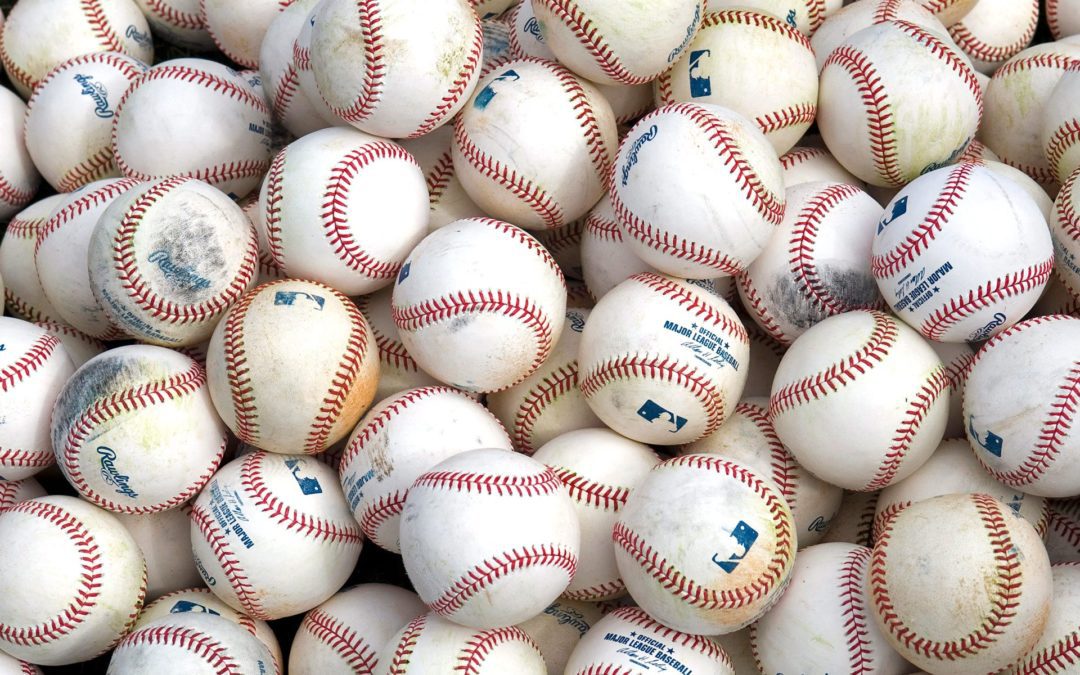We just got through yet another moral panic about a racist incident that didn’t actually happen. Sports media were ablaze with claims that a fan in Denver was loudly yelling the n-word at Lewis Brinson of the Marlins as he batted; the leather-lunged fan’s voice was picked up on the national TV broadcast. (An ironic location to be held up as an icon of racism, given that MLB had chosen Denver to replace Atlanta as the host of this year’s All-Star Game in a different lie-based moral panic about voting laws in Georgia.) Unfortunately for the people who jumped all over the story with gleeful eagerness, it turned out that (1) the fan was yelling “Dinger,” the name of the Colorado Rockies mascot, and, for good measure, (2) Brinson actually never heard him anyway.
And yet, before the facts were in, the Rockies had issued an immediate statement treating the event as if it actually happened:
A statement from the Colorado Rockies regarding the racial slur incident at the end of today’s game: pic.twitter.com/85uN3f1pFZ
— Colorado Rockies (@Rockies) August 9, 2021
So did Tony Clark, head of the Major League Baseball Players Association (the union):
Executive Director Tony Clark’s statement regarding the incident in today’s game between the Miami Marlins and Colorado Rockies: pic.twitter.com/xndcxGYAJC
— MLBPA Communications (@MLBPA_News) August 9, 2021
NR Daily is delivered right to you every afternoon. No charge.
Get Jim Geraghty’s tour of the political news of the day.
Get Kevin D. Williamson’s newsletter delivered to your inbox each Tuesday.
A weekly digest on business and economics from an NR sensibility.
The indefatigable Drew Holden collected on Twitter some of the more egregious examples of media organizations and commentators desperate to outdo each other in drawing conclusions from this event and calling for draconian punishments before knowing the facts. A few samples:
@washingtonpost really leaned into the narrative on this one.
As you can see from the opening paragraph (and h/t to @ChuckRossDC for finding this) there isn’t any equivocation: “The n-word was shouted multiple times from the stands”
That, simply, wasn’t true. pic.twitter.com/fGmXdgYWLi
— Drew Holden (@DrewHolden360) August 9, 2021
And a lot of people across the media ran with this one when they should’ve known better.
Here’s @BNightengale, a sports columnists for USA Today, suggesting that this guy (who, again, didn’t do anything wrong!) should be put in jail. pic.twitter.com/KmOx3CU7uY
— Drew Holden (@DrewHolden360) August 9, 2021
I won’t pretend I had expected anything better from @KeithOlbermann, though. pic.twitter.com/63F1jZFCzN
— Drew Holden (@DrewHolden360) August 9, 2021
You get the idea. Why does this sort of thing just keep happening? Yes, it is partly the natural dynamics of outrage-bait on social media, where people jump ugly all the time on stories from every political angle. But garishly racist incidents paraded across media and social media are especially prone to go viral, produce torrents of commentary on what this tells us about the world we live in, then turn out not to have happened. Why?
Consider: What is “racism”? To most normal people, racism is one or both of two things: (1) thinking less of other people because of their race (racial prejudice), and/or (2) treating people worse because of their race (racial discrimination). We’ve spent the better part of the past seven decades building a social consensus that these things are morally wrong and an offense to the American credo of treating individuals as individuals. Racism of this sort remains a real thing, and you can certainly find examples if you go looking. But rather than try to isolate and marginalize racists or bring them to repentance and reform, people who have built their entire personal or political identities around being “anti-racist” clearly feel upset that there are just not enough racist incidents to go around. That leaves such people three options. Option one: Hype up bogus incidents and hope that the hype can outrun the inevitable disclosure of the truth. Option two: Obsess over wholly theoretical linguistic or stylistic offenses like the use of “master bedroom” or over events deep in the past, to the point of spending $50,000 to move a boulder because of a single word in a single newspaper article 96 years ago. Option three: Redefine the word “racism” into something pervasive, all-powerful, unfalsifiable, and incurable — hence, “systemic racism,” “white fragility,” and other aspects of the critical-race-theory project.
The problem with any of these approaches is that people can read and reason and recognize that they are being told something that bears no resemblance to the actual world they live in and see around them. The social consensus, such as it is, against racism has been built because just about everybody over a certain age had seen actual racism in real life and was capable of being persuaded that it is a bad thing that should go away. Shouting “Dinger” at the ballpark is another story entirely.
More in Sports
This content was originally published here.

